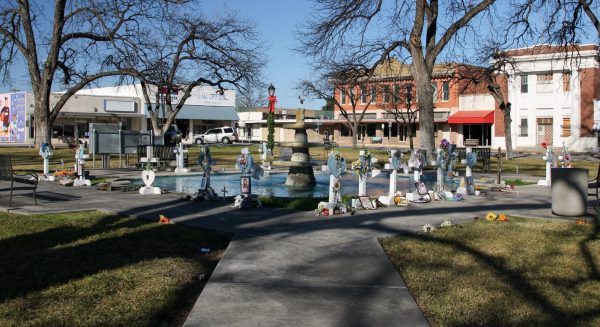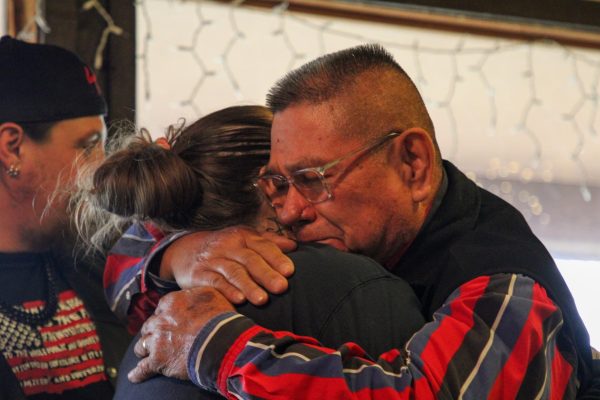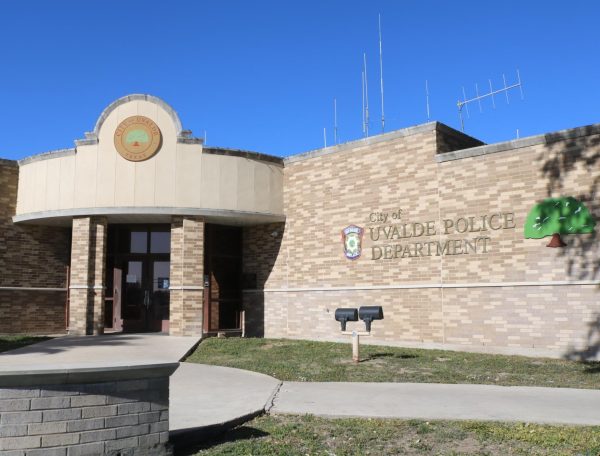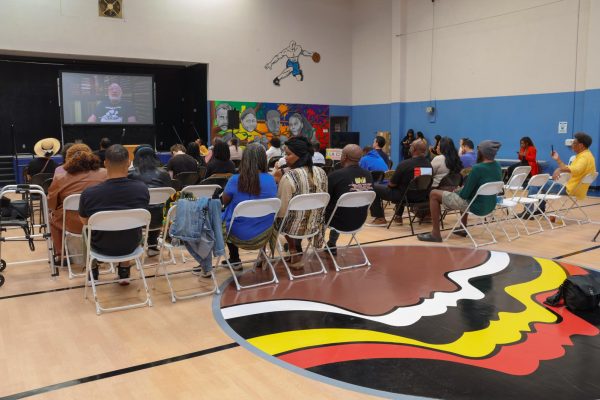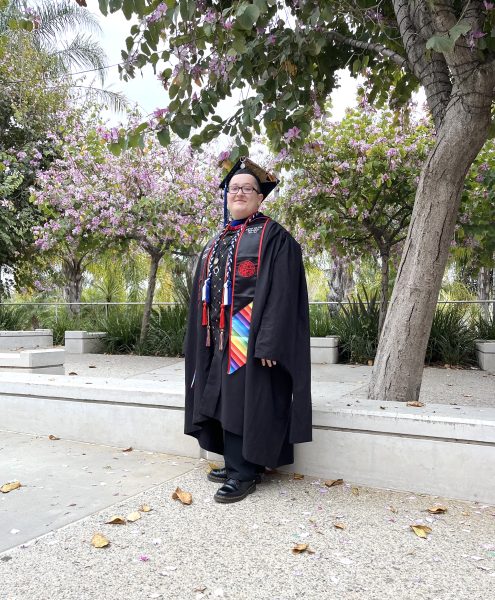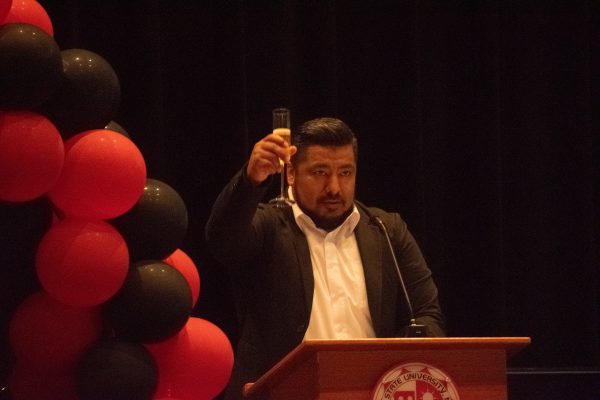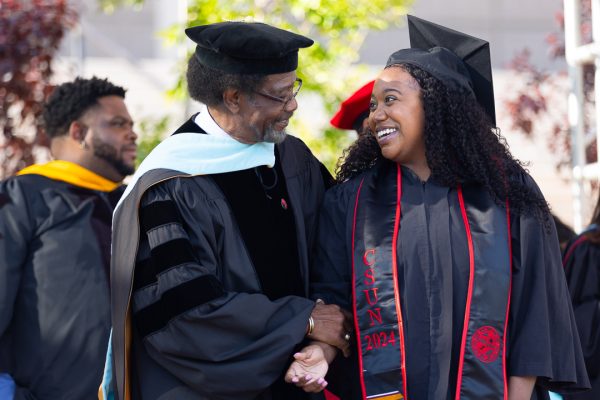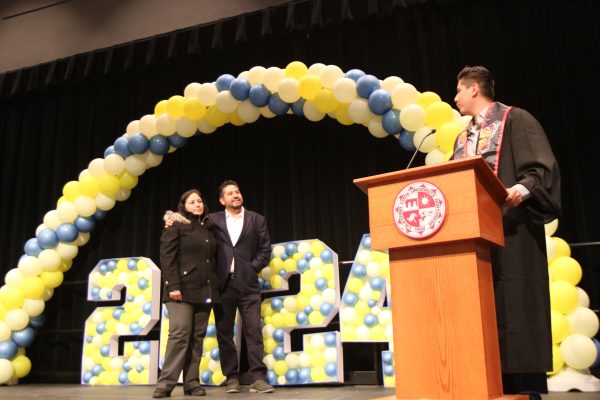Deported veterans service isn’t enough to stay in the U.S.
February 26, 2020
To this day this topic is not discussed much, but Barajas-Varela said a movement is needed in order for this issue to be taken seriously.
Deck: A veteran speaks out how he was deported and the need for a community
To this day, it is unknown how many veterans have been deported or been placed in deportation in the United States. U.S. Immigration and Customs Enforcement does not have a tracking system or any record of it.
One of the thousands of deported veterans includes Hector Barajas-Varela. He was born in Mexico, but later immigrated to the United States at the age of seven and grew up in the city of Gardena.
“I grew up like any American kid in the U.S.,” Barajas-Varela said.
At the age of 17, he enlisted in the U.S. army and served from 1995 to 2001. In 2001, he was dishonorably discharged from his service. According to the San Diego Union Tribe, he got into trouble with the law in 2002 and “took a plea deal for a charge of shooting at an occupied car.”
“Eventually my green card was revoked after I finished my prison sentence,” Barajas-Varela said.
The LA Times stated that veterans like Barajas-Varela, who committed crimes after completing their service, are often deported.
After completing his three year sentence, he was instantly deported with no lawyer by his side and he represented himself. He doesn’t recall much of what happened when he was on the other side of the U.S. border. However, he does remember feeling stressed and anxious.
At one point he felt like the only veteran to be deported. Nobody received him with a warm welcome and he didn’t know where to get support.
After realizing and experiencing the lack of support and resources veterans receive, he created an environment where deported veterans could gain access to support and comfort.
Deported Veterans Support House, also known as “the bunker,” was established in 2013 and it’s currently located in Tijuana, Baja California, Mexico.
Barajas-Varela felt “there was no organization that was taking anybody in, housing people or doing anything.”
The organization currently supports and advocates for about 500 veterans. Lopez-Varela continues to travel back and forth to the U.S. and Mexico, having recently traveled to the State Capitol in Washington D.C. to further discuss with legislators, congressional representatives and senators to spread awareness of the issues they continuously face.
Regardless of the amount of interviews he’s done with newspapers like the LA Times, The New York Times and other media outlets, he believes there’s a lack of attention and support. Barajas-Varela believes the reason for this lack of support is the criminal charges that veterans like himself faced. If there was no crime involved, it would have been easier for them to receive the support they needed during their deportation.
To this day this topic is not discussed much, but Barajas-Varela said a movement is needed in order for this issue to be taken seriously.
“We’ve done it all, but for some reason … it has not become like a movement,” Barajas-Varela said. “That’s what I am currently focusing on.”

